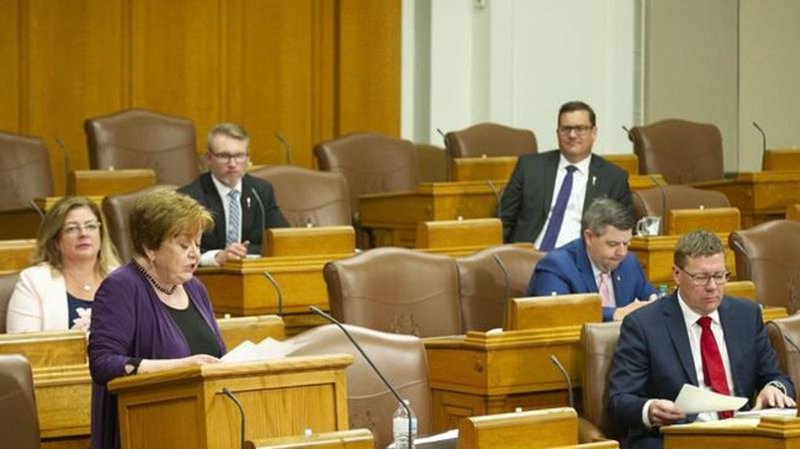
Second pandemic budget in Saskatchewan as COVID-19 variants hit hard
REGINA — Saskatchewan is set to table its budget today outlining how the province plans to manage the continued spread of COVID-19 in the coming year.
Premier Scott Moe has said the novel coronavirus and uncertainty around revenues means the government is unlikely to be able to eliminate its projected $2-billion deficit by 2024.
Moe made that promise during the campaign for last October’s general election in which the Saskatchewan Party won its fourth straight majority.
That was followed by a spike in COVID-19 cases throughout the fall and winter that led to capacity restrictions for restaurants and retailers.
